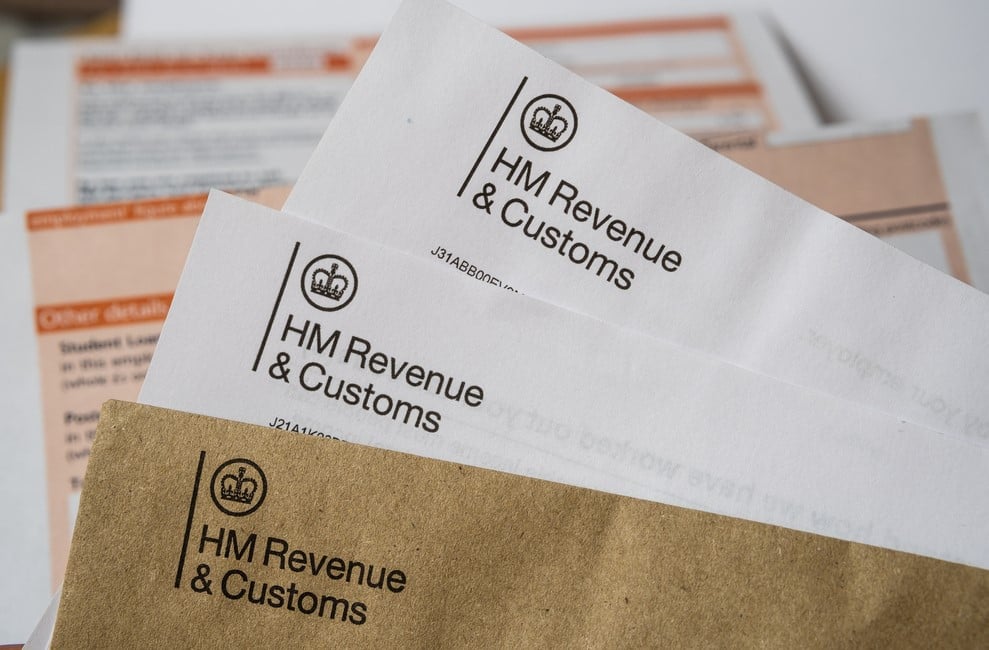HMRC can often transmit ripples of anxiety throughout anyone’s day. Typically, these correspondences appear in several forms, but one type that may land in your mailbox is the dubbed “nudge letter.” Designed to prompt or urge taxpayers about their fiscal responsibilities, specifically pertaining to undeclared income, understanding your HMRC nudge letter is crucial to make sure you’re meeting your tax obligations effectually.
What precisely is an HMRC Nudge Letter?
A nudge letter from HMRC is essentially a preventive measure rather than an blaming one. These letters are part of HMRC’s approach to motivate taxpayers to willingly rectify any variations in their tax reports, particularly focusing on foreign income that might not have been fully declared. Unlike formal audit letters, a nudge letter does not imply there is an current investigation into your tax affairs. Instead, it acts as a gentle nudge that HMRC has data implying there could be undeclared income.

Why Have You Gotten One?
If you’ve come across one of these notices in your mail, it’s likely because HMRC has obtained information which potentially clashes with the information you’ve submitted, or suggests there might be additional sources of income that need be taken into account. Typical reasons for dispatching a nudge letter include discrepancies observed in the data shared by foreign tax authorities or financial institutions regarding overseas income.
Interpreting the Content
The key content of a nudge letter usually includes a alert about the significance of declaring all relevant incomes; a reminder that mistakes should be corrected; and occasionally, links to guides on how to go about reporting undisclosed income. It’s crucial to check the information mentioned about the suspected undisclosed income carefully and decide whether it pertains to your circumstance.
Subsequent Measures: What exactly Ought to You Do?
Upon getting a nudge notice, taking proactive steps is vital:
Review your Tax Returns: Verify your prior returns to confirm all income streams were declared accurately. Pay special focus to any kind of overseas earnings.
Seek advice from a Tax Advisor: If there’s any kind of doubt about the way to proceed or if amendments are, seeking advice with a tax professional could provide clarity and guidance.
Respond Quickly: Adhere to any directions provided in the letter regarding due dates for response. Participating cooperatively with HMRC could often prevent further issues or inquiries.
Fix Every Mistakes: If you uncover mistakes or left out information, adopt prompt steps to fix it. This typically requires registering adjusted returns and joining forces fully with HMRC.
Deterrence is Preferred In lieu of Cure
To prevent future HMRC prompt letters, keeping complete and precise records of each domestic and international income is sensible. Frequently updating tax filings and assuring total transparency can assist bypass the anxiety associated with such checks from the tax authorities.
Navigating financial obligations can sometimes appear daunting, particularly if it includes intricacies such as income from abroad. However, understanding why you received an HMRC reminder letter and knowing how to react effectively may not only assist in addressing likely issues quickly but also strengthen your dedication to careful financial conformity. Keep in mind, HMRC utilizes these letters to aid taxpayers in staying on track rather than penalizing them suddenly.
More information about HMRC letter you can check this popular webpage

Be First to Comment